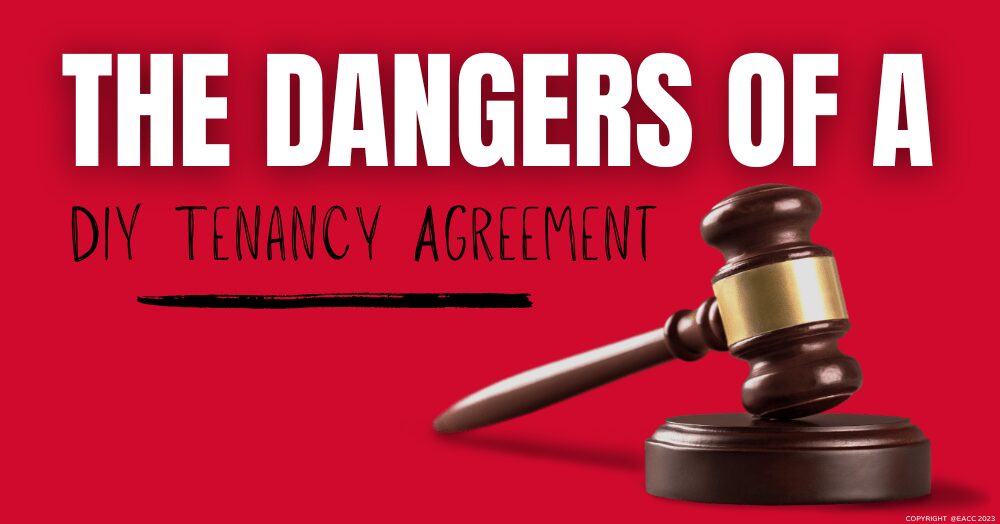Why a DIY Tenancy Agreement Could Be Disastrous for SE18/SE28 Landlords
Type ‘tenancy agreement’ into Google and you’ll get thousands of results offering free online templates and guides to writing your own rental contract.
So why bother using a letting agent to sort out the tenancy agreement if you can do it yourself? What could possibly go wrong?
Well, quite a lot. Hastily downloading a template from the internet and high-fiving yourself for a job well done could prove to be a costly mistake.
It might not become apparent for months or even years, but if you get into a dispute at the end of a tenancy, or want to regain possession of the property, you could find your contract is worthless.
In this quick read, we look at the dangers of a DIY tenancy agreement.
Legally unsound
Incorrect legal terms, illogical clauses, confusing wording… all of these can cause problems when a tenant moves out or challenges something in the contract. There have also been many changes to renting rules over the last few years (with more set to take effect soon), which could render your DIY agreement useless.
Using an agent with access to a properly drafted, legally sound, up-to-date tenancy agreement can save you a fortune in stress, hassle and expense in the long run.
Other legal requirements
At the beginning of a tenancy, landlords must provide the tenant with a number of important documents – not just a tenancy agreement. These include gas and electrical safety certificates and information about the relevant deposit service the landlord uses.
A freestyling approach to establishing a tenancy could mean you fail to get this paperwork right – an outcome that could invalidate whatever tenancy agreement you do have. This means any dispute will be even more protracted and expensive.
Notice periods
The same applies to serving notice. If the tenancy was set up incorrectly without all the paperwork provided to the tenant, it could invalidate any notice you serve. Are you up to date with all the recent rule changes to notice periods? An agent definitely will be.
Setting up a DIY tenancy agreement might seem like a way to save money, but in the long run, you could be left seriously out of pocket. Protect your investment, and let Hi Residential do the hard work for you. Contact us today.





